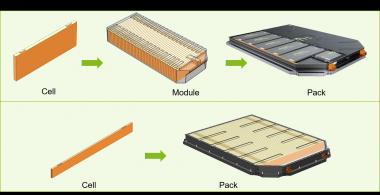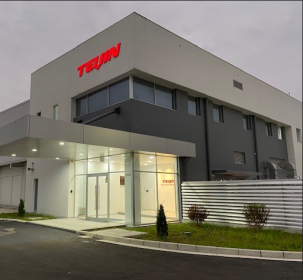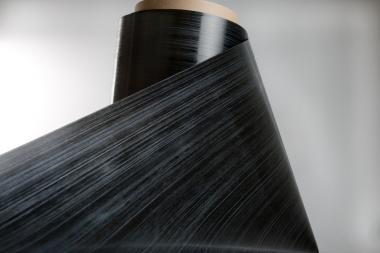Successful SMCCreate 2023 Design Conference in Prague
Successful SMCCreate 2023 Design Conference in Prague
With over 60 participants from Europe and the USA the second edition of the SMCCreate Design Conference took place from November 7th to 8th in Prague. The conference was jointly organized by the AVK – Federation of Reinforced Plastics and the European Alliance for SMC BMC, promoting the use of SMC and providing design tools to designers for applying these versatile materials.
During the SMCCreate 2023 conference topics covered the wide spectrum of the design with fiber composite/composite components in SMC and BMC technology, from conceptual design, development, and scale-up, with a special emphasis on recycling and sustainability solutions. 18 speakers from various European countries showed how they address important market trends and changing customer needs, and which solutions their companies offered in terms of materials, performance and much more.
As an introduction, speakers - including CTC/Airbus and Teijin - presented different possible applications for SMC and BMC components, including aircraft interiors, bicycle boxes, and applications in e-mobility. The topic of sustainability was broadly covered, highlighting recycling solutions and experiences (Siemens, IDI, OC, AOC), the use of renewable raw materials, as well new LCA models developed by the SMC BMC Alliance (LCS),
Specifically for designers, the use of the SMC flow and curing modelling was presented (ESI, OC), SMC positioning vs. aluminium (Spartners). The second day concluded with contributions on process optimization options for component production, including speeches by Dieffenbacher, Netzsch and EBG.
SMCCreate AVK - Industrievereinigung Verstärkte Kunststoffe e. V. European Alliance for SMC BMC
AVK - Industrievereinigung Verstärkte Kunststoffe e. V.











